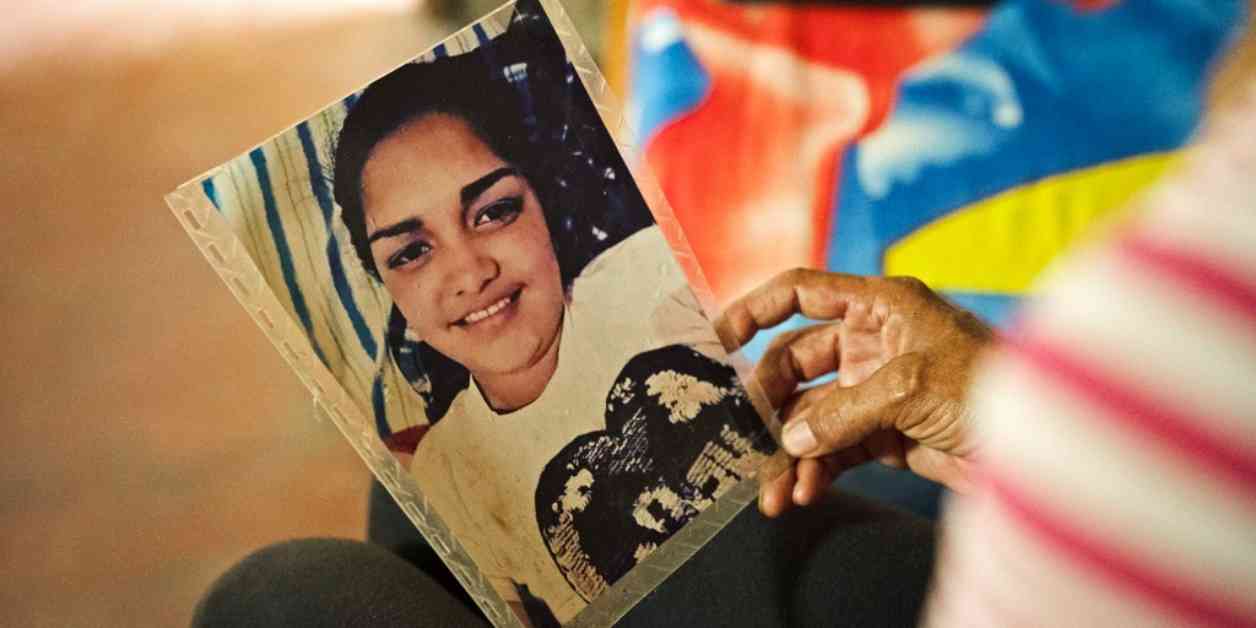Medical School’s Controversial Use of Unclaimed Bodies
In a heart-wrenching tale that underscores the intricate connection between life, death, and science, the story of Aurimar Iturriago Villegas unfolds as a haunting reminder of the vulnerability of the human body in the face of tragedy. Aurimar, a 21-year-old Venezuelan woman, embarked on a perilous journey to the United States in search of a better future, only to meet a tragic end in a road rage incident near Dallas. What followed after her death was a series of events that would shock her family and the world.
Aurimar’s Journey and Untimely Demise
Aurimar’s story began in poverty-stricken La Villa del Rosario in Venezuela, where she dreamt of lifting her family out of destitution. Her determination led her to the U.S., but her dreams were shattered when she was fatally shot in a car outside Dallas. The aftermath of her death revealed a disturbing truth about the fate of her body, unbeknownst to her grieving family back in Venezuela.
Unclaimed Bodies and Ethical Dilemmas
Aurimar’s body was donated to a local medical school without her family’s consent, where it was dissected, studied, and even leased out to medical technology companies. This practice of using unclaimed bodies for research purposes, while legal, raises ethical concerns about consent and respect for the deceased and their families. The commodification of Aurimar’s body in the name of science added a layer of tragedy to an already devastating situation.
A Mother’s Anguish and Unending Search
Arelis Coromoto Villegas, Aurimar’s mother, endured a harrowing ordeal of trying to reclaim her daughter’s body from a foreign land while grappling with bureaucratic hurdles and communication breakdowns. The pain of not knowing the whereabouts of her daughter’s remains took a toll on Arelis’s health and spirit, leaving her in a state of perpetual mourning and uncertainty.
As Arelis continues to pray for Aurimar’s soul and grapple with the loss that transcends borders and boundaries, her story serves as a poignant reminder of the fragility of life and the enduring love of a mother for her child. In a world where bodies become commodities and the dead are used for profit, Aurimar’s legacy stands as a testament to the need for compassion, dignity, and respect in the face of tragedy.
